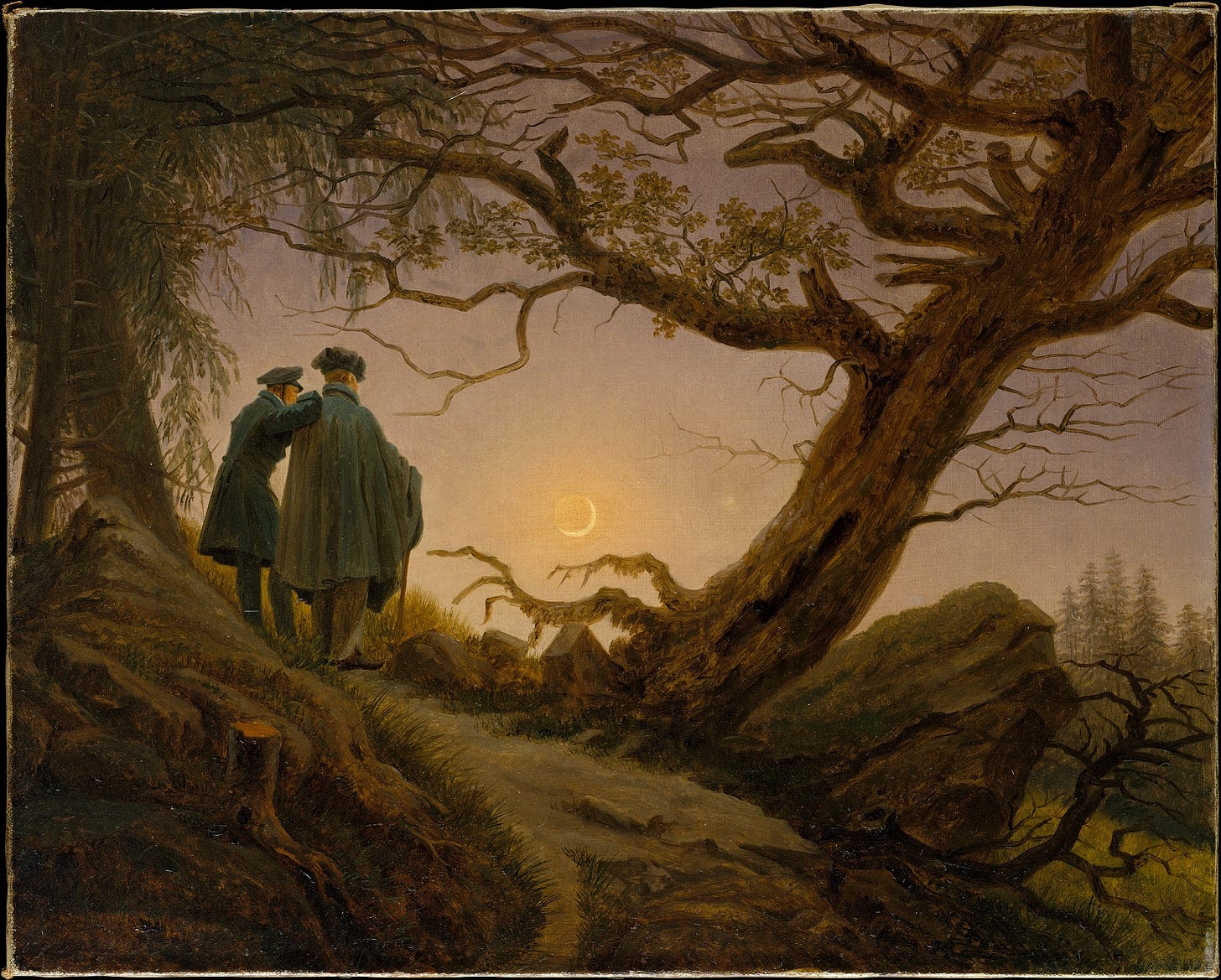Appreciation: A Fundamental Human Need
There’s a simple way to show it.

“The deepest principle of human nature is the craving to be appreciated.” — William James, 1896
The words “thank you” and “I appreciate it” are often tossed around as casually as year-old magazines in medical waiting rooms.
They’re responses to kind gestures that we emit almost autonomously. (At least if we were raised with good manners.)
But let’s pause a moment and reflect on how a minor change in our language can lead to a major change in our thinking.
Gratitude itself is a wonderful thing. It’s when you take the time to reflect on something and you’re moved to feel a certain way. But gratitude is a personal feeling.
What if your gratitude could extend a little deeper, into appreciation?
Appreciation is gratitude expressed.
“I am grateful, not in order that my neighbor, provoked by the earlier act of kindness, may be more ready to benefit me, but simply in order that I may perform a most pleas…



